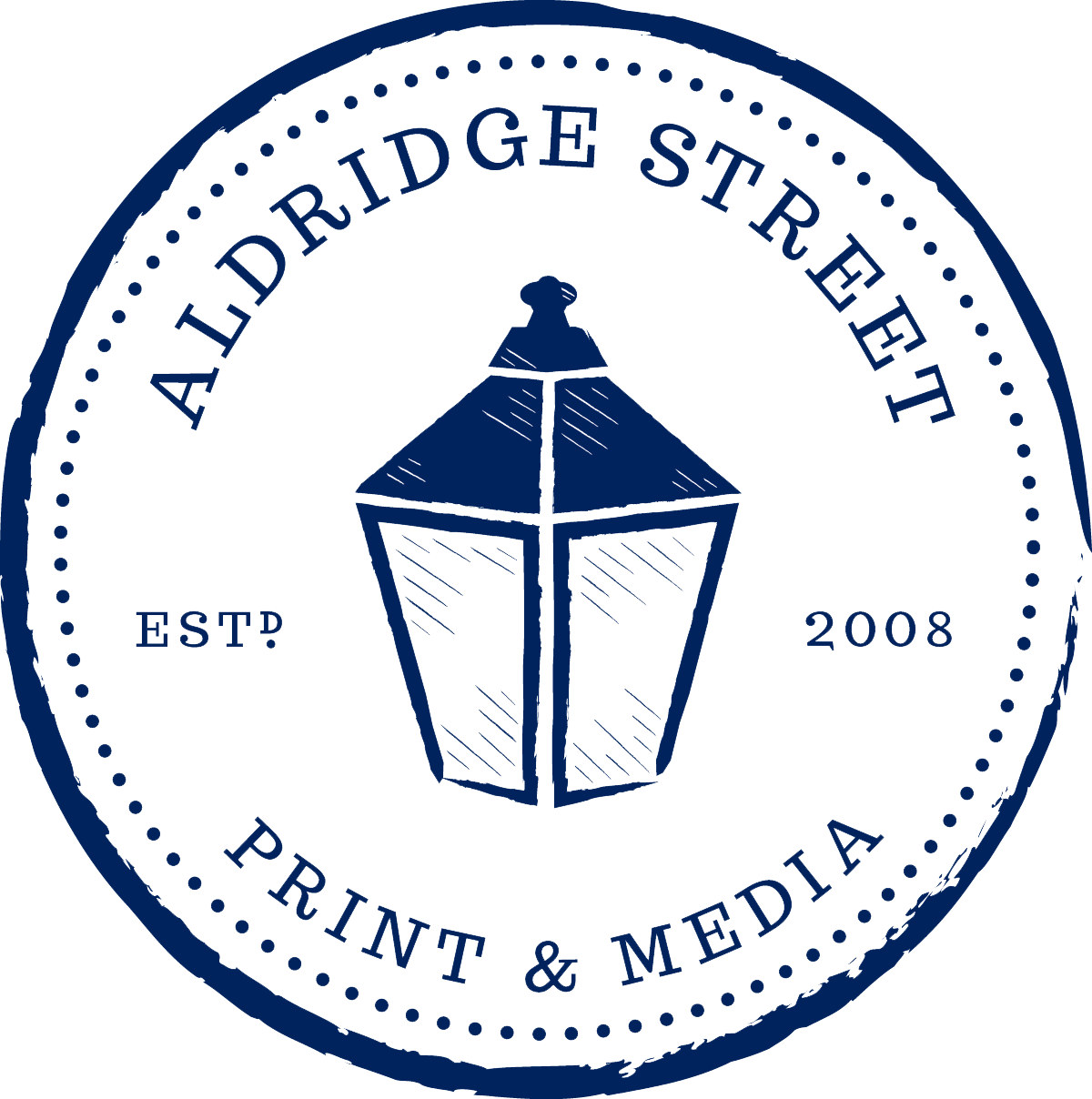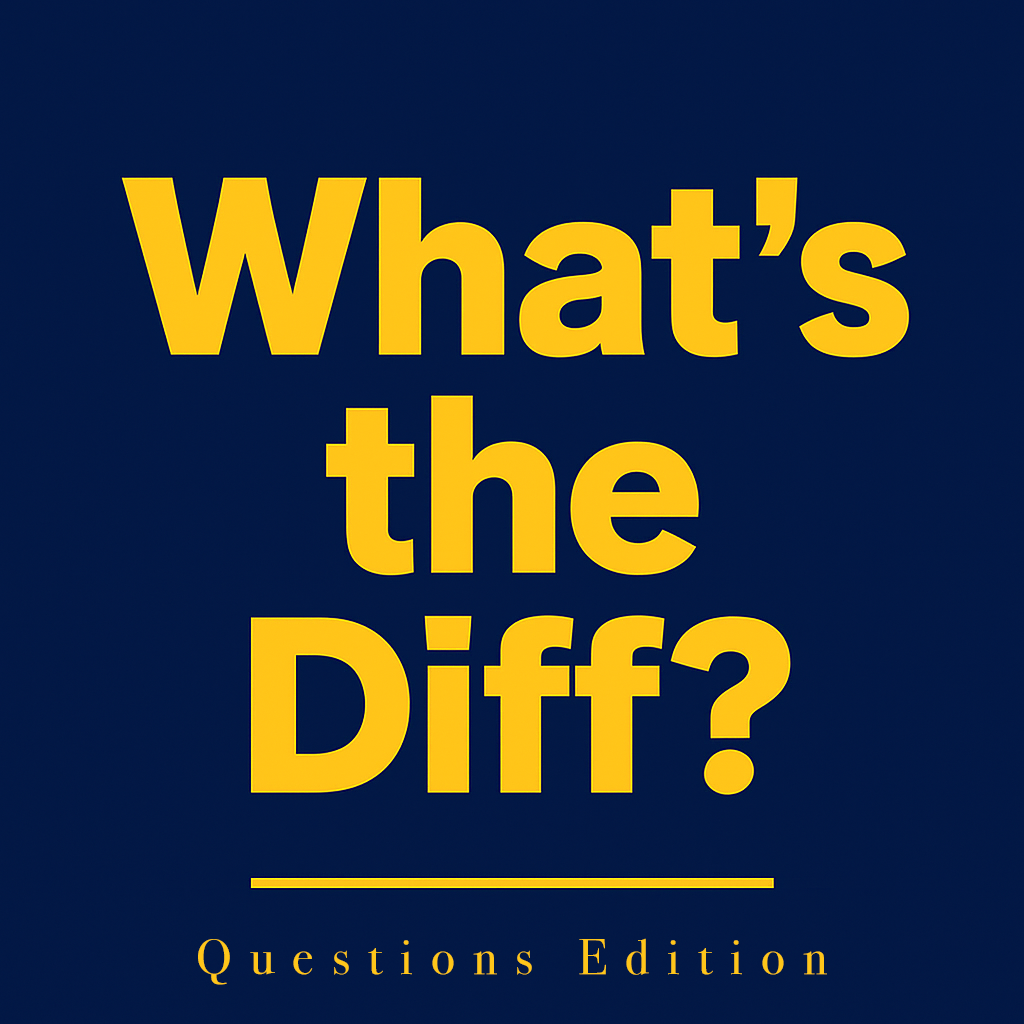What’s the Diff? The Top 5 Most Popular Questions AI Likes to Ask
Asking questions in our writing can be an effective tool to engage readers. I’ve noticed in the last few years that AI-assisted and/or generated writing often contains questions, so I looked up the different kinds that come up most often.
1. Hypophora
You ask a question, then immediately answer it.
“And the truth? I knew it.”
AI says, “It’s quick and dramatic,” and it says the question “hooks your reader, and the answer lands right away.” It also feels that it “gives writing rhythm and control, especially when you want to keep the story moving.” I don’t know about that. Frankly, when I see it these days, I think, Which bot did you use?
2. Rhetorical Question (erotema)
You ask a question but don’t expect an answer because it’s already clear.
“How many times do I have to tell you?”
Chat GPT says, “This type of question adds emphasis. It’s often used to persuade or make a point more forcefully, not to get a reply.” When my mum didn’t want to answer a dumb question I’d asked, she would say, “Is that question rhetorical?” so I’ve known about this one most of my life.
3. Anacoenosis
You ask your audience a question to bring them into the conversation.
“What do we think we’re doing, friends?”
This is a new word to me. My bot assistant says, “It’s a friendly way to create connection. Even if no one answers, it makes people feel included, like their opinion matters. You’ll often hear it in speeches or read it in personal essays.” I’d agree with that.
4. Anthypophora
You ask a question, then answer it with more detail.
“Why is this important? Because without it, the entire plan falls apart.”
I like this explanation from Chat GPT: “It’s like hypophora’s thoughtful cousin. Instead of a short, snappy answer, you give a fuller explanation that guides the reader through your reasoning.”
5. Aporia
You ask a question to show uncertainty or doubt.
“Was it kindness or cruelty that drove her to act?”
Chat GPT says, “This one adds tension. It invites readers to pause and think. The writer might genuinely be unsure—or might just be using the question to make the reader reflect.” I’m not so sure that’s what it does. Seems like filler to me, and I’d probably query it as such in a manuscript because the answer is likely obvious.
I’m not sure how helpful this will be in your writing, but I like to pull out hypophora every once in a while to show off my fancy and expensive lit degree. Should you? Maybe.


